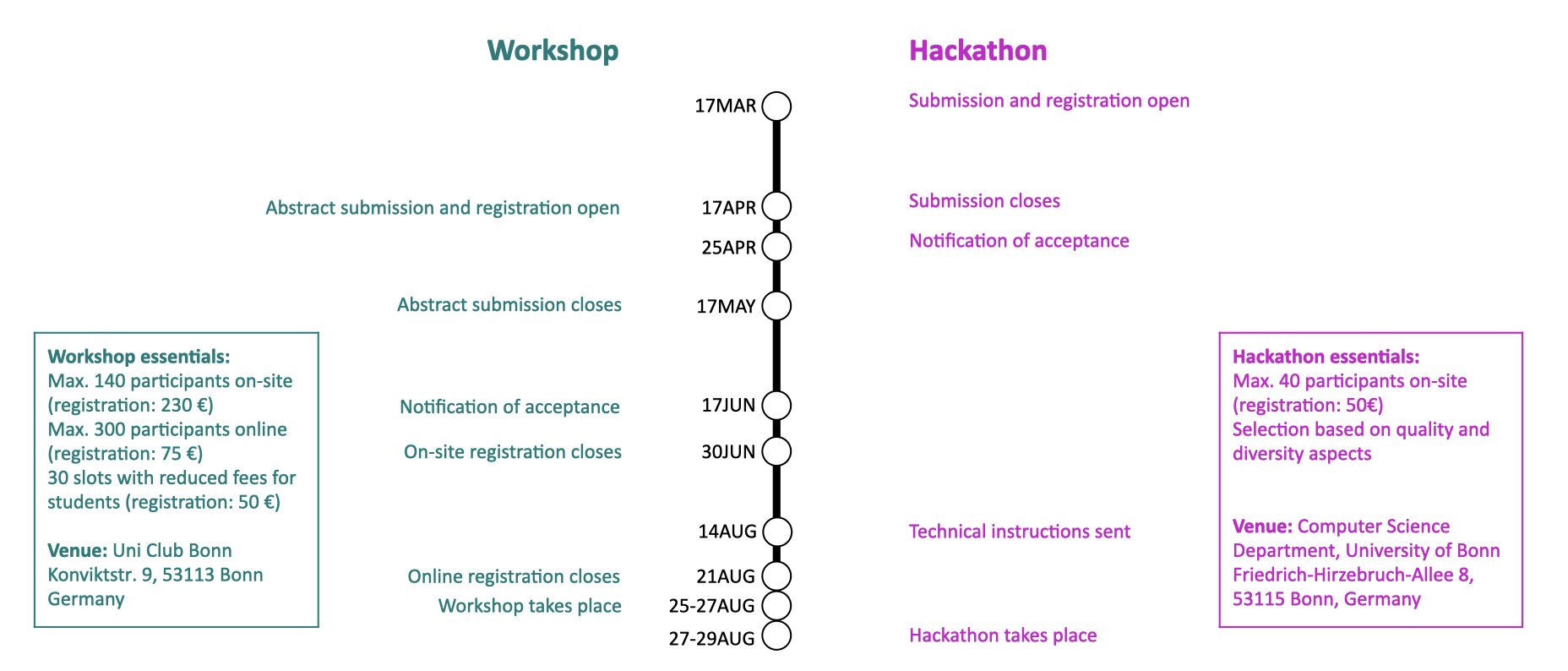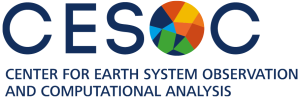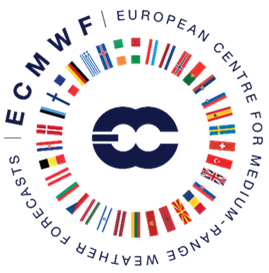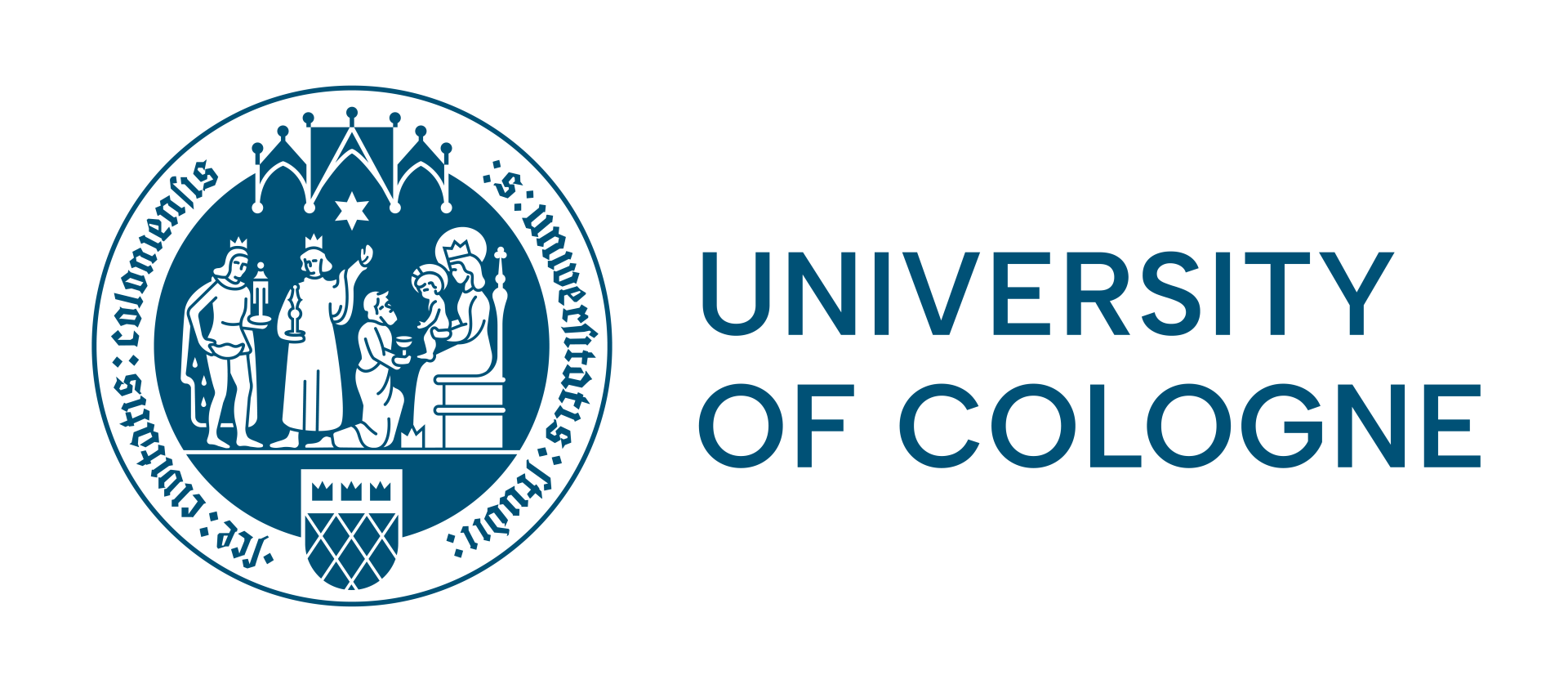Workshop on
Machine Learning for Earth System Modelling
25-27 August 2025
Bonn, Germany
We are pleased to announce the third Workshop on Machine Learning for Earth System Modelling
following a series of two workshops on Large-Scale Deep Learning for the Earth System. This year the workshop will be followed by Hackathon on Machine Learning for the Earth System.
The workshop will take place on August 25 – 27, 2025 in the Universitätsclub Bonn, Germany. The registration and abstract submission for the Workshop will open on 17 April.
Check the timeline below for an overview! You can also check the Abstracts & Registration page for more information!
Stay tuned and subscribe at mlesm-workshop@listen.uni-bonn.de if you want to receive further announcements by email.
The workshop will again bring together the leading groups that develop large-scale neural networks for weather and climate.
Topics include:
-
- Machine learning-based numerical weather prediction
- Climate emulators and machine learning-based climate models
- Machine learning-based Earth system component models, such as ocean and land models
-
- Incorporation of Earth system observations in the above models
- Evaluation and explainability of the above model
- Datasets for model training, evaluation and benchmark
Read here about our workshop last year.

Call for Abstracts:
We invite you to submit your abstracts on one of the topics mentioned above.
Submissions will only be via CMT* platform (https://cmt3.research.microsoft.com/About) and will open on 17 Apr 2025 and close on 17 May 2025
Authors will need to create an account on the platform (if they do not already have one) at: https://cmt3.research.microsoft.com/docs/help/general/account-creation.html
Each abstract should be a maximum of 1 page.
The CMT submission link: https://cmt3.research.microsoft.com/MLESM2025
Notification of accepted abstracts will be sent by 17 Jun 2025 at the latest.
Scientific Review Committee:
Local Organising Committee
-
Daniel Minge (TRA Modelling, University of Bonn)
We gratefully acknowledge the support by
CESOC, ECMWF, the TRA Modelling at the University of Bonn, the Forschungszentrum Jülich and the University of Cologne.
Acknowledgement: The Microsoft CMT service was used for managing the peer-reviewing process for this conference. This service was provided for free by Microsoft and they bore all expenses, including costs for Azure cloud services as well as for software development and support.
For questions please contact us via email:
mlesm-workshop@cesoc.net





